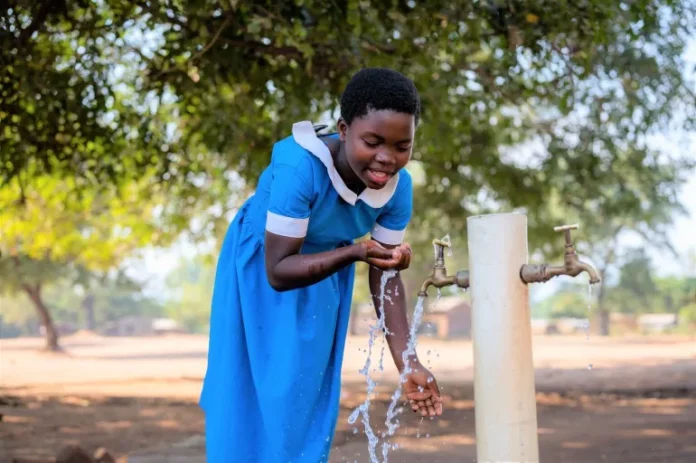The UN Child Rights Committee (CRC) published on 10 February its findings on Bulgaria, Congo, Lithuania, Russia, Senegal and South Africa after a study of the six nations, highlighting the main concerns and recommendations of the Child Rights Convention.
The Committee noted the decrease in the child mortality rate in Bulgaria as well as the efforts of the Government to address child poverty in the country. However, the Committee was concerned about the high rates of dropout and absenteeism, as well as the poor quality of education. The CRC also recommended expediting reform by ensuring that children below the minimum age of criminal responsibility are not subjected to punitive measures and the gradual abolition of correctional boarding schools.
It welcomed the amendments to the Law on Fundamentals of Protection of Children’s Rights in Lithuania, which prohibited all forms of violence against children, including corporal punishment. However, the Committee remained concerned about the persistence of attitudes towards this practice in families and communities. It recommended that Lithuania reinforce awareness-raising campaigns on the harmful impact of violence on the physical and psychological well-being of children.
The Committee also called on Lithuania to decriminalise abortion in all circumstances and to ensure access to safe abortion and post-abortion care for adolescents.
The CRC commended the establishment of the Children’s Parliament in Congo and the ratification of the Hague Convention on Protection of Children and Co-operation in Respect of Intercountry Adoption. On the other hand, the Committee was concerned about the lack of registration of a large number of children at birth. The Committee advised that all unofficial fees for birth registration should be abolished, access to registration should be increased, deadlines should be extended and awareness of the importance of registration should be raised.
In Russia, the Committee noted the Decree of the President of the Russian Federation declaring 2018-2027 as the Decade of Childhood and the relevant Government resolutions approving the main activities within its framework.
The Committee raised alarm over the interference of the ruling party in the educational process, including the publication of a new history textbook and the introduction of a new school subject, “Conversation about important things.” The CRC called on the country to ensure that education was aimed at preparing children for responsible life in a free society in a spirit of understanding, peace, tolerance, gender equality and friendship among all peoples.
Regarding Senegal, the Committee noted the initiative on inclusive education and education for all, while expressing concern at the large number of girls who continued to be subjected to female genital mutilation.
It also urged Senegal to take all measures to eradicate child marriage, including the development of campaigns and programmes to raise awareness of the harmful effects of early marriage on the physical and mental health of girls and the establishment of protection schemes for child victims of forced marriage.
The Committee called on the country to ensure that all children and adolescents, including those out of school and living in rural areas, receive sexual and reproductive health information and services, including access to contraceptives.
The organisation welcomed the increase in criminal responsibility to 12 years of age, the introduction of the Child Protection Registry and the establishment of child-friendly rooms in courts and police stations in South Africa. However, the Committee was concerned about the high prevalence of violence against children, especially sexual exploitation and abuse, domestic violence, attacks on children with albinism and manifestations of sexual exploitation and abuse of children on the Internet.
The CRC expressed concern about the mortality of newborns, infants and children under five years of age from preventable diseases, as well as the high rates of child hunger, malnutrition and undernutrition. It also requested the participating state to address the issue of child hunger through a social assistance and health care programme.
